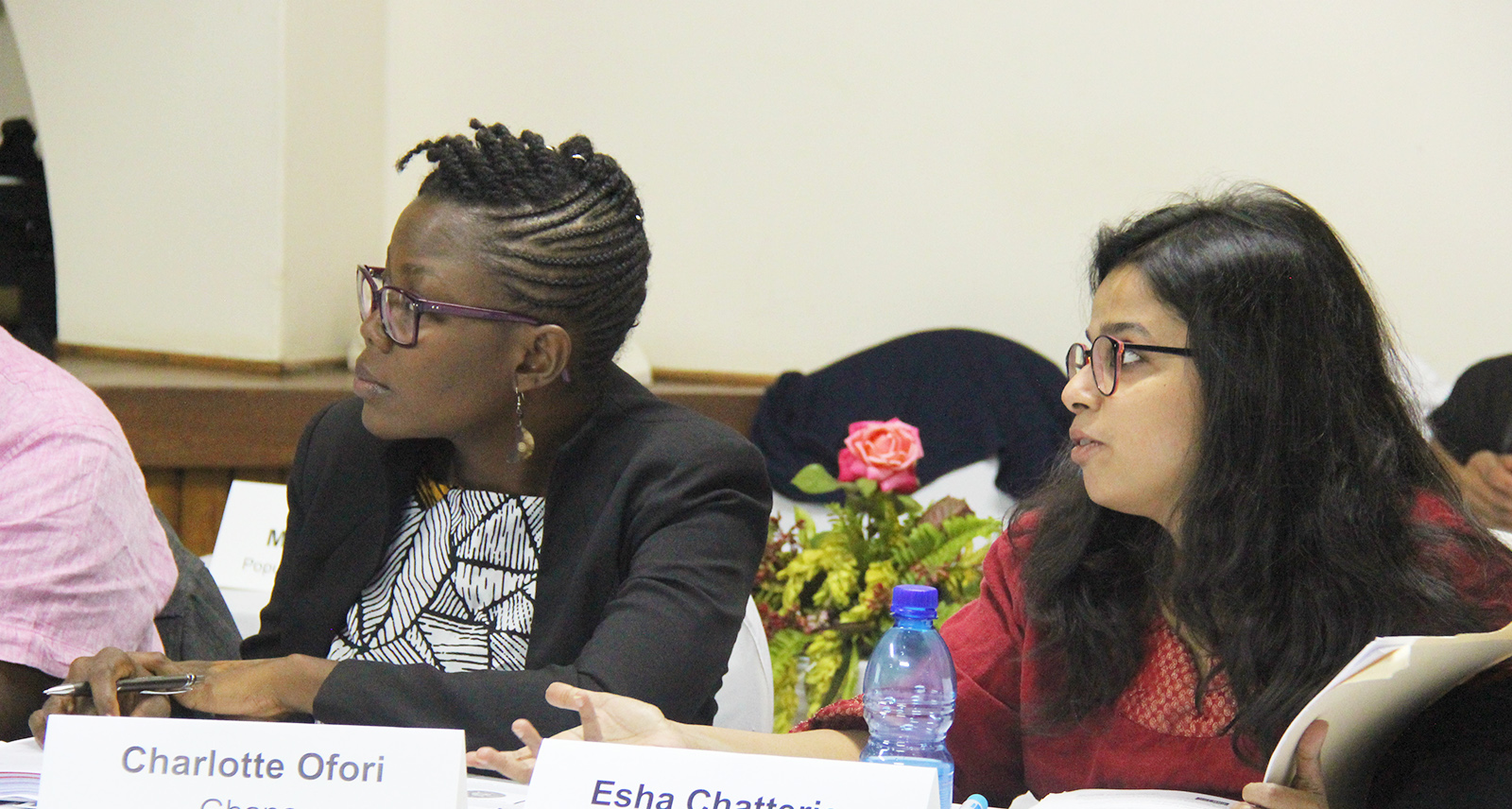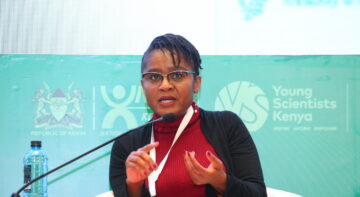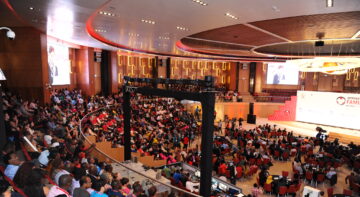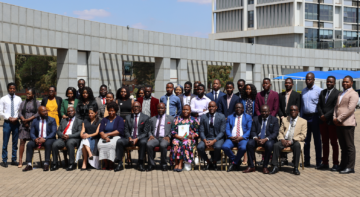News

Between 17-23 June 2018, AFIDEP and the Population Reference Bureau (PRB) carried out a training for 11 doctoral researchers from Benin, Ethiopia, Ghana, India, Kenya, and Nigeria on effective communication of their research to policymakers.
The training, which was held in Lilongwe, Malawi, covered seven modules, including the research-to-policy gap; fundamentals of the policy process; strategic communication; effective presentations; visualising data; principles of policy writing; and conversational writing. The training team comprised AFIDEP’s Dr. Rose Oronje and Dr. Bernard Onyango, and PRB’s Marisa Yeakey and Laura Cooper Hall.
Some of the highlights of the workshop were panel discussions that featured senior researchers and policymakers. The first panel had senior researchers in Malawi, who, from their own experiences, shared with the audience some insight into the challenges and opportunities when engaging policymakers to support the application of evidence in policy decisions. This panel featured Prof. Adamson Muula, from the College of Medicine at the University of Malawi, Prof. Leo Zulu, Michigan State University (US), and AFIDEP’s Dr. Onyango. The senior researchers urged doctoral researchers to, among others, deliberately build relations with policymakers and involve them in their research where possible, and to acquire “people skills”, which often many researchers lack. They also urged the doctoral researchers to learn how to write simply as this was the only way policymakers could understand their research.
The second panel featured policymakers: Dr. Esmie Kainja, the Principal Secretary at the Ministry of Gender, Children, Disability, and Social Welfare in Malawi, and Hon. Juliana Lunguzi, MP and Chair of the Malawi Parliament’s Health Committee. The two policymakers challenged the emerging researchers to collaborate with them in research, simplify their research for policymakers, and undertake research that is useful for solving development challenges in Africa.
These panels aimed at helping the researchers to understand how best to get their research adopted in policymaking processes. Here are some excerpts of what the policy fellows said at the end of the workshop:
“I’ve been doing a Ph.D. in Social Policy, but no one has ever mentioned the word “policy” to me. So, I’ve actually been avoiding mentioning the word “policy” when I talk about my Ph.D. and my work,” said Franklin Onukwugha, one of the fellows. “This course has made me understand policy and how I can talk about policy within my research or other research,” he added.
“This course has given me the ability to streamline all my evidence and present it in 10 minutes. Before this training, I never thought that that was possible. We’re used to presenting our work in 45 minutes,” said Charlotte Ofori.
“After this training, I feel that it’s possible to advocate for issues using my research. Before this, I felt that my research is too complicated and so I could not use it to advocate for the issue I have in mind. Now, I feel that I can use this research,” Abidemi Fasanmi said.
“The PowerPoint presentation I have prepared in this training is the simplest presentation I’ve ever prepared, and I like it,” said Oluwaseyi Somefun.
“Policy was missing in my Ph.D. and now this training has given me that,” said Shilpa Reddy.
“I was very green on policy and this training has addressed that. Now I know the difference between when I write for a journal and when I write for policy,” said Abiodun Adanikin.
The training was part of the policy communication fellow’s programme, whose objective is to train the next generation of leaders who can shape policy in their countries and bridge the gap between research findings and the policy development process. The programme also trains doctoral students from developing countries to effectively communicate research.
Related Posts




